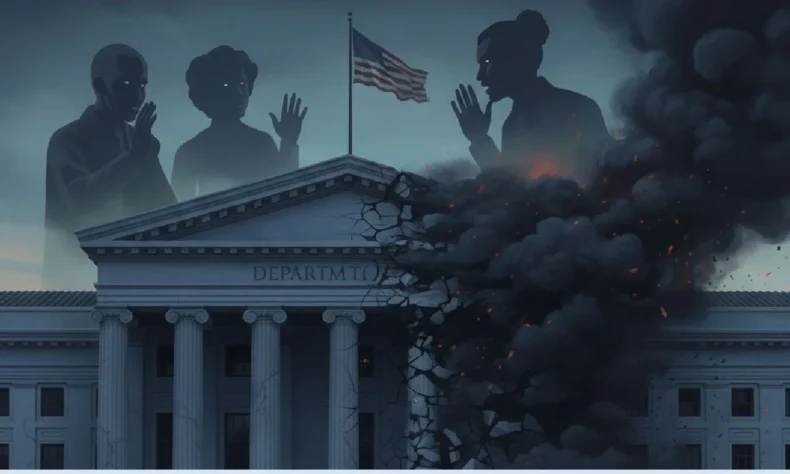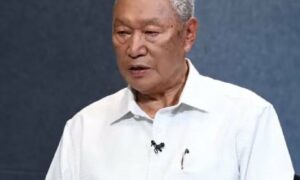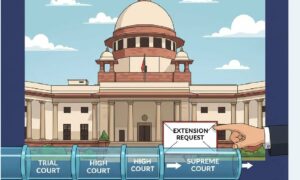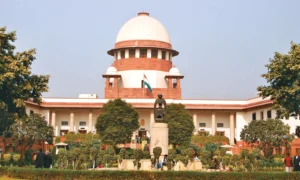
By Kenneth Tiven
The sweeping dismissal of legal staff unwilling to pledge loyalty to US President Donald Trump has transformed the Department of Justice (DOJ) into what many career officials now call the Department of Retribution—a hollowed-out version of its historic role. What appeared as warning signs during Trump’s first term has hardened into a pervasive legal nightmare in his second, affecting both the workforce and the very application of justice in the United States.
Federal judges across the country have publicly condemned the unprepared and sloppy legal work of government attorneys, many of them newly installed loyalists. Cases such as the indictment of former FBI director James Comey have revealed glaring gaps in preparation, reasoning, and evidence. Judges, unaccustomed to such incompetence from DOJ attorneys, have not concealed their outrage.
Inside the department, fear is the only constant. No current employee will speak on the record. But interviews conducted by The New York Times with more than 60 former DOJ lawyers paint a picture of an institution gutted from the inside—over 200 veteran lawyers fired and thousands more resigning under pressure.
The findings from these interviews highlight several troubling patterns:
- Initiating investigations with little or no evidence.
- Making courtroom arguments with no legitimate legal basis.
- Dropping cases involving terrorism, corruption, and major financial crimes.
One former lawyer described a widespread sense of “political surveillance” within the department. Another said the only principle now guiding senior officials is “loyalty before law”.
The White House rejects this criticism outright. “These are nothing more than pathetic complaints lodged by anti-Trump government workers,” said spokesperson Abigail Jackson, insisting that the president is acting for “millions of Americans, not DC bureaucrats.”
But the purge of expertise is unmistakably ideological. Trump installed two loyalists at the top of the DOJ: Pam Bondi, now attorney general, and Todd Blanche, her deputy and formerly Trump’s personal lawyer. Their arrival has sent shockwaves through the ranks.
More alarming still was Trump’s mass pardon of all individuals convicted for the January 6 attack on the US Capitol—including more than 200 who assaulted law enforcement officers. Gregory Rosen, formerly chief of the Capitol Siege Section’s breach and assault unit, called the pardons “absurd, but legal,” pointing out that Trump’s pardon authority is broad. What followed, however, was unprecedented: the firing of 15 prosecutors who worked on January 6 cases, and the dismissal of more than a dozen lawyers working under Special Counsel Jack Smith, dismissed because leadership “did not trust them to faithfully implement the president’s agenda”. “For doing our jobs, we were punished,” Rosen said. “These were talented, committed prosecutors. The message to everyone else was unmistakable.”
Peter Carr, formerly a senior communications advisor, recalled that Bondi’s first day in office brought 14 sweeping memos redefining the DOJ’s mission. Among them: a requirement that government attorneys “zealously defend the president’s agenda,” even if they believed legal claims lacked merit—effectively ending longstanding norms of professional discretion.
Many career lawyers were horrified. “It was completely improper,” said one former attorney, adding that staff referred to the directives as “Pam Bondi’s mixtape”—random, hastily issued, and deeply political. Another said: “We swore an oath to the Constitution, not to a president.”
Civil Rights Division veterans describe being sidelined, reassigned, or given meaningless work so that inexperienced political appointees could take control of key units. “They took out the most experienced people first,” said Tovah Calderon. “It made it easier to redirect our work in ways that would not have been possible before.”
Consequences ripple far beyond individual careers. The Foreign Agents Registration Act (FARA), a critical transparency law that exposes foreign influence, is now essentially defunct. With staffing decimated, foreign lobbying can proceed in darkness—a chilling development in a moment of heightened global political interference.
Federal judges, alarmed by the collapse of standards, have begun to speak out. Judge Tanya S Chutkan scolded DOJ lawyers for violating Rule 11, implying possible sanctions for filings unsupported by facts. When one DOJ attorney alerted political leaders to the judge’s warning, the reply was simply: “NBD”—no big deal.
The exodus has been staggering. “Out of 110 lawyers in my branch, more than 75 have left,” a former official said.
Perhaps the clearest example of the new order came when Acting Deputy Attorney General Emil Bove directed prosecutors to drop corruption charges against New York City Mayor Eric Adams, arguing that the case interfered with “federal immigration enforcement efforts.” Bove then transferred the matter to the Public Integrity Section, which promptly dismissed the case. Weeks later, Trump appointed Bove—a former personal attorney—to a lifetime seat on a federal appeals court. For career officials, the message is unmistakable: loyalty is rewarded, independence is punished.
What remains unclear is how long the Justice Department, one of America’s most vital institutions, can withstand such corrosive pressure from within.
—The writer has worked in senior positions at The Washington Post, NBC, ABC and CNN and also consults for several Indian channels
📰 Crime Today News is proudly sponsored by DRYFRUIT & CO – A Brand by eFabby Global LLC
Design & Developed by Yes Mom Hosting






